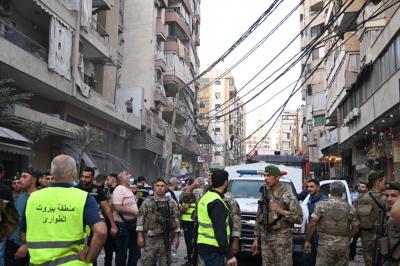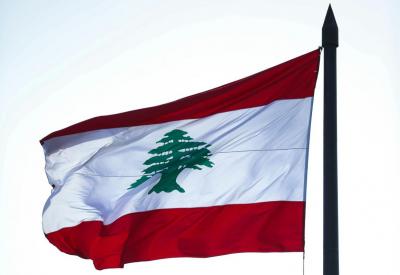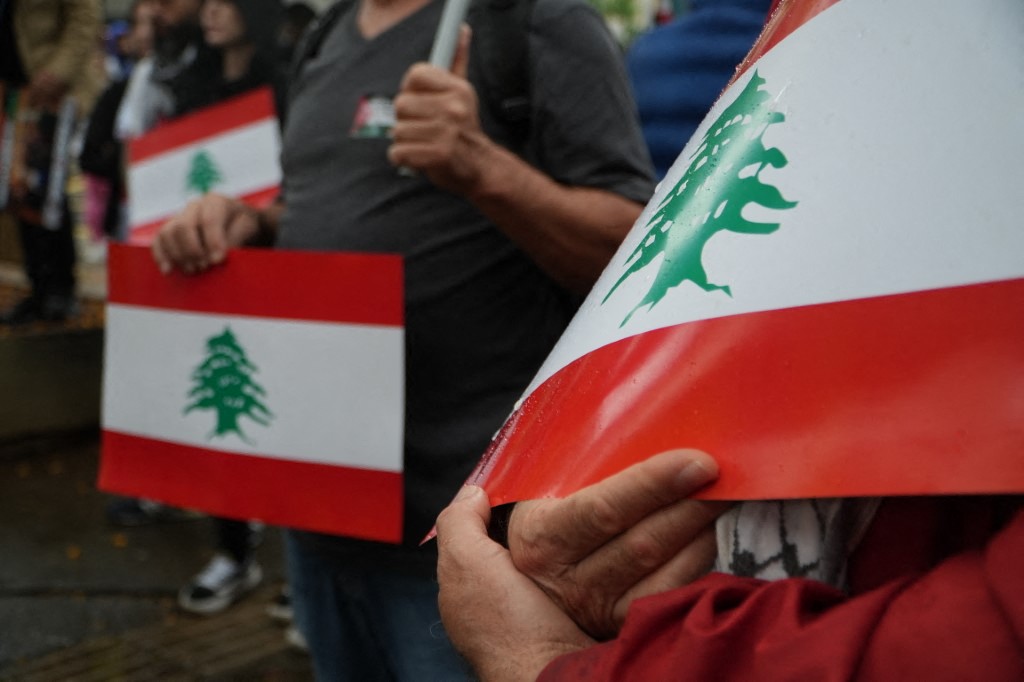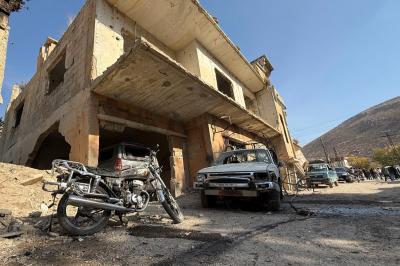Why is it that we Lebanese see ourselves heading straight into a deadlock, raise our voices to warn against it, yet fall into it anyway—leaving ourselves to suffer even though we know perfectly well the way out?
Why do we allow decay to consume us, despite our collective decision that Lebanon is our final homeland, the only one we have? Why then do we persist in self-flagellation, tightening the knot even as we place the saw against it, fully aware that this path will exhaust us and delay every solution we so desperately need?
Our past experiences should have taught us to avoid what harms us, to shield ourselves, and to break free from the crises we either created or allowed others to drag us into. So why do we not take the initiative to agree on solutions?
Here are a few reasons:
First, political division—the root of all ills. It manifests in sectarianism and political patronage. The absence of consensus delays budgets past their constitutional deadlines, stalls key reform laws, paralyzes institutions, and blocks unified decision-making at both government and parliamentary levels. It even undermines the rule of law, leading often to selective or self-serving implementation.
Second, private and elite interests. The ruling class resists reforms that threaten its privileges or weaken its grip on financial resources. This resistance seeks to avoid transparency and accountability, preferring to maintain opaque practices rather than introduce corrective measures.
Third, the lack of genuine political will. Despite theoretical awareness of the crisis’s gravity and the urgent need for solutions, state institutions remain poorly coordinated. Effective leadership capable of driving reforms at the necessary pace is absent.
Fourth, weak international support and dwindling funding. Lebanon’s precarious finances continue to rely on borrowing to cover budget deficits, even if improved tax collection has reduced the gap somewhat. The deeper problem lies in taxing services that either do not exist or are delivered at their lowest level.
Fifth, fragile legislation and legal frameworks. The pace of passing essential reform laws is excruciatingly slow. Some proposed laws even contradict reform objectives, while others remain frozen, awaiting implementation decrees that never see the light.
All of this unfolds under the pressure of a society worn down by collapsing living standards, making it nearly impossible to impose austerity or structural changes because it might worsen the daily burden on citizens.
But the most decisive factor—beyond the state’s control—is the weight of external political and security files. Lebanon’s leaders are preoccupied with regional negotiations, and successive governments have squandered more than one opportunity to pull the country out of the bottleneck.
Please post your comments on:
[email protected]
 Politics
Politics














